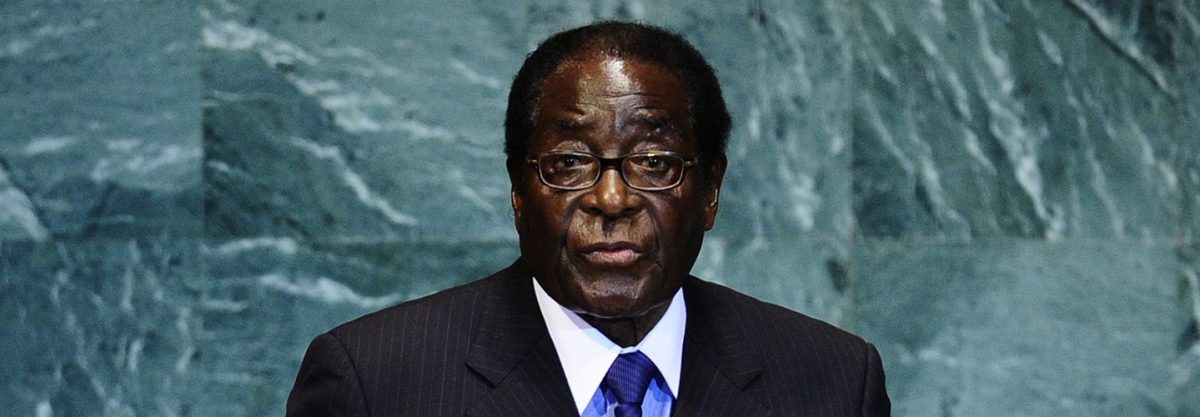When Robert Mugabe awoke last Monday, he realized he was alone, and under house arrest. While he had slept, Zimbabwe’s military deployed tanks and troops around the capital in order to seize buildings and intersections in response to a widening purge by the president that was reaching the armed forces, reports The Wall Street Journal.
What came next was drama, uncertainty and demonstrations in the street. On Tuesday, it was finalized: the world’s oldest head of state had resigned, reports WSJ. Hundreds, maybe thousands, of people took to the streets in celebration of the end of the Mugabe era.
This resignation was seen as a victory for the people of Zimbabwe. But WSJ writes that in fact, his ouster resulted from a struggle between elites. The army that ousted him met very little resistance from his security.
Once hailed as an inclusive leader, Mugabe’s fall ended a reign during which Zimbabwe went from a resource-rich country to a “desperate recipient of food aid.” It also triggered inflation of historic proportions, according to WSJ. Millions of the country’s best-educated people fled. Mugabe grew aggressively more anti-West and instead improved his relationship with governments in China, Iran and Venezuela. He has also been cited for human-rights violations and is one of the small group of international leaders who was personally targeted by U.S. sanctions, according to WSJ.
On Nov. 6, he started purging his administration, which eventually led to his downfall. On that day, he fired Vice President Emmerson Mnangagwa, who, fearing arrest, fled to South Africa. Mugabe then threatened to purge the army as well. The army responded, saying they were not afraid to retaliate. The presidential guards who patrol the palace agreed to help the rebellion, according to WSJ.
Then last Tuesday, Mugabe went to bed. The army began to advance on his arm. Mugabe’s head of secretary, Albert Ngulube, went to see what was going on and was detained and beaten.
But even after he woke up alone, Mugabe said nothing about quitting. His own party made a deadline for his resignation in response. Finally, on Tuesday, it was announced that his reign was over, reports WSJ. A successor has not been named.
This article was featured in the InsideHook newsletter. Sign up now.
























